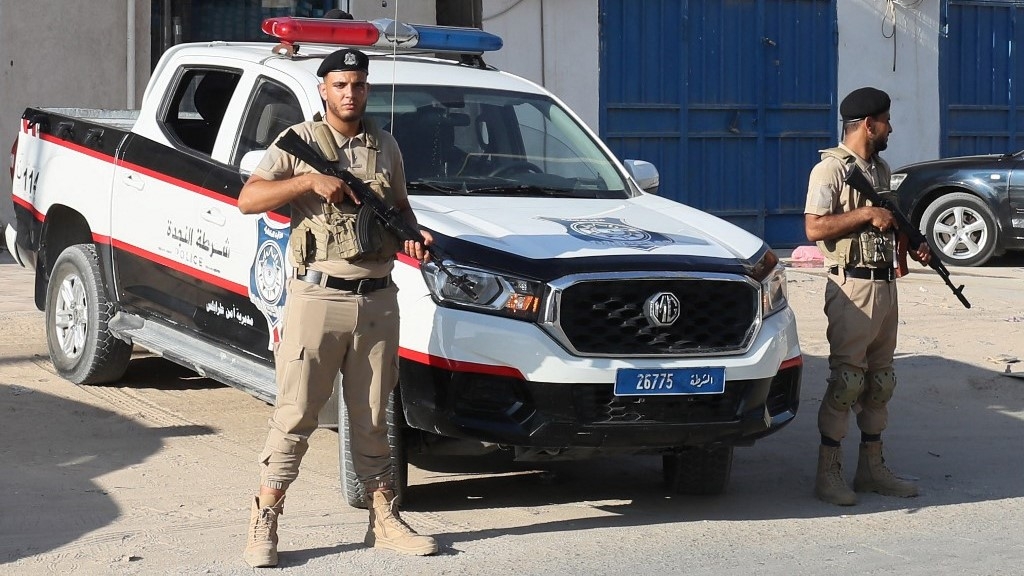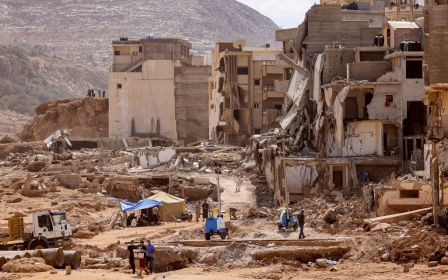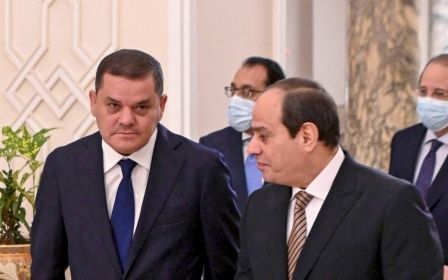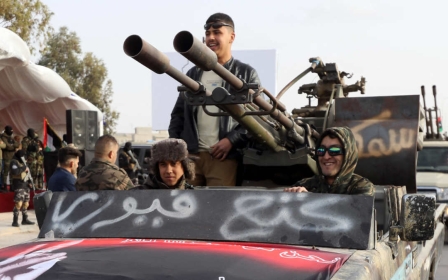Libya reinstates morality police to enforce 'society's traditions'

Libya's interior minister has announced the reintroduction of the morality police to the streets to enforce what he called "society's traditions" and restrict women's freedom of movement.
On Wednesday, Emad al-Tarabulsi said the patrols would resume next month. They would target people with "strange" haircuts, ensure women wear "modest" clothing and prevent gender mixing in public spaces.
He also suggested that women would be barred from travelling within the country without a male guardian, adding that those "seeking personal freedom should go to Europe".
Libya has faced deep instability since a Nato-backed uprising overthrew longtime ruler Muammar Gaddafi in 2011.
In 2014, the country split between eastern and western factions, each governed by rival administrations.
New MEE newsletter: Jerusalem Dispatch
Sign up to get the latest insights and analysis on Israel-Palestine, alongside Turkey Unpacked and other MEE newsletters
The internationally recognised Government of National Unity (GNU), of which Tarabulsi is a minister, is based in the western city of Tripoli.
A rival administration based in Benghazi refuses to recognise GNU Prime Minister Abdul Hamid Dbeibah, who was appointed through a UN-backed process in 2021.
International diplomacy to resolve the conflict in Libya has focused on pushing for new elections to replace interim institutions such as the GNU.
Dbeibah has said he will not cede power to a new government without national elections.
Since 2011, Libya has seen a decline in religious freedoms in the predominately Muslim country.
The circulation of non-Islamic religious materials, missionary activity and speech considered “offensive to Muslims” is illegal. In May, the GNU's General Authority of Endowments and Islamic Affairs established what it called the “Guardians of Virtue” to protect Islamic values.
Non-Muslims and members of Muslim minority sects have faced persecution from both the state and armed groups in Libya.
Middle East Eye delivers independent and unrivalled coverage and analysis of the Middle East, North Africa and beyond. To learn more about republishing this content and the associated fees, please fill out this form. More about MEE can be found here.




